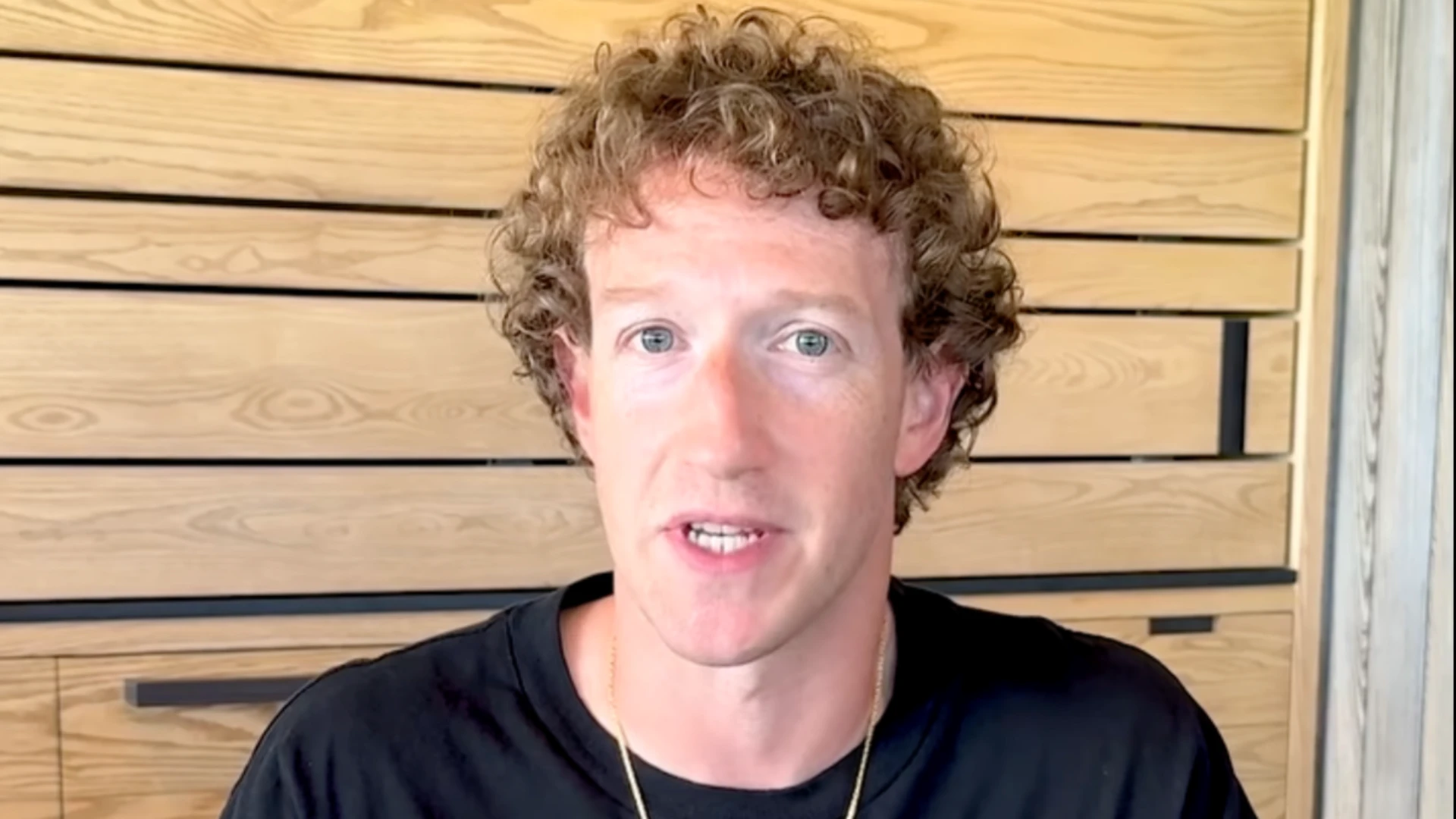The heartbreaking suicide of Bengaluru techie Atul Subhash has sparked intense debate around the #MenTooWar, an emerging movement highlighting the challenges men face in the wake of false allegations in marital disputes. Atul’s tragic end has forced many to reflect on the darker side of family laws in India, which, despite their intentions to protect, sometimes appear to be manipulated to harass men.
Atul’s death has added fuel to the fire of growing discontent among men who feel trapped in abusive matrimonial disputes. Social media is rife with hashtags such as #MeToo and #MenTooWar, symbolizing the cries for justice from both men and women who are victims of misuse of laws.
In an exclusive conversation with Advocate Amish Aggarwala, a prominent Supreme Court lawyer, he expressed grave concern over the abuse of laws in matrimonial disputes. He explained that, in his extensive practice, he has consulted over 3,000 husbands and handled hundreds of cases where men find themselves victims of false accusations, unfair maintenance demands, and prolonged litigation.
According to Aggarwala, Atul’s story is unfortunately not unique. He mentioned that Atul had endured years of false allegations and excessive demands for financial support, all while navigating a judicial system that he claims is corrupt and biased. Atul’s suicide note specifically mentioned the family court judge allegedly demanding a bribe of Rs 5 lakh to “settle” the case, a chilling indication of systemic failures.
Aggarwala underscored that such instances are common, particularly in family courts, where allegations often carry more weight than evidence. He confessed that he had personally witnessed similar misconduct in Uttar Pradesh, where judges have allegedly been involved in corrupt practices, exacerbating the distress of men caught in the web of matrimonial disputes.
While Atul’s complaint and subsequent death have sparked outrage, the system has yet to provide a resolution. The police have registered an FIR against the wife and her relatives, but many believe the investigation will be insufficient. There are concerns that legal remedies favor women to such an extent that the rights of men are overlooked. The idea of “innocent until proven guilty” is undermined when men are immediately arrested or pressured by false accusations, leaving them vulnerable in a broken system.
The broader debate centers on the balance between protecting women’s rights and ensuring fairness for men. Laws meant to shield women from abuse and violence often become tools for harassment when misused. Advocates like Aggarwala are calling for a more balanced approach where men also have legal recourse against malicious prosecution. The abuse of family laws can lead to devastating consequences, as illustrated by Atul’s story.
However, there is another side to this issue: India has witnessed horrendous crimes against women, including rapes, murders, and dowry deaths. The tragic Nirbhaya case is only one example of how the country’s laws need to evolve for the protection of women. The need for balance is crucial: while women’s rights must be protected, men too must be shielded from false allegations and judicial abuse.
The situation calls for urgent reforms. Advocate Aggarwala proposes a more balanced approach, emphasizing the need to reconsider the presumption of innocence. He suggests that before men are jailed or denied bail, there should be a thorough investigation into the nature of the allegations, especially in cases of false accusations.
Men should not be forced to accept an unequal legal battle simply because of the gender-based advantages afforded by the law. Equally, the laws meant to protect women must not be misused, leading to the undue suffering of innocent men. The question remains: when will the system ensure that both men and women have access to a just and equitable process?
Atul Subhash’s suicide serves as a tragic reminder of the inadequacies of the legal system in dealing with complex marital disputes and the systemic abuse of laws. As India grapples with this painful reality, the #MenTooWar has found a voice, urging for a fair and just legal system that protects both men and women from false accusations, judicial corruption, and the emotional toll of prolonged legal battles.
ALSO READ: Atul Subhas Suicide: What Happened In His Marriage? What Led To Their Separation?



















